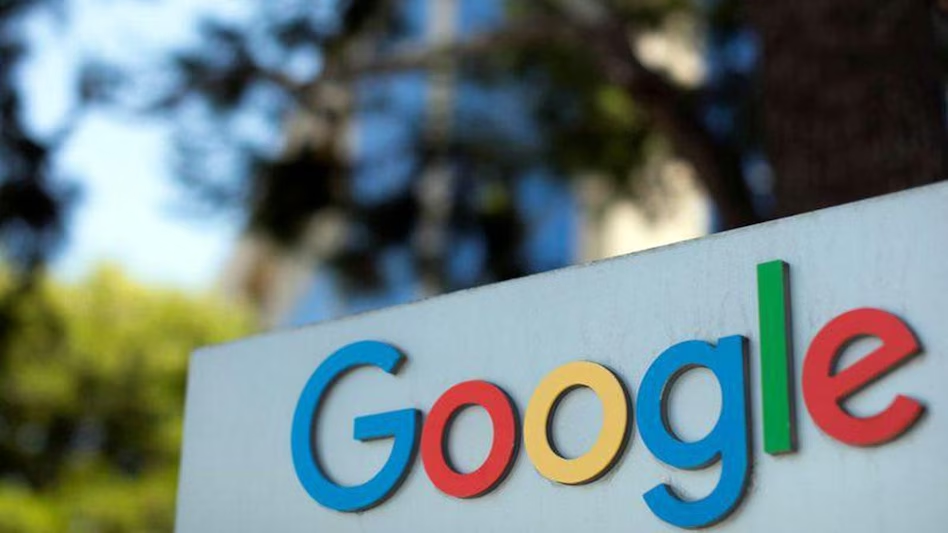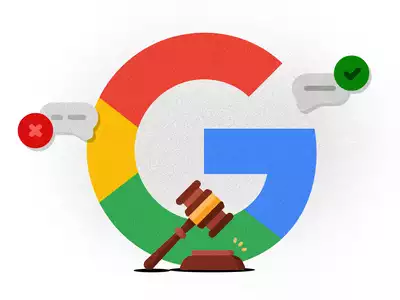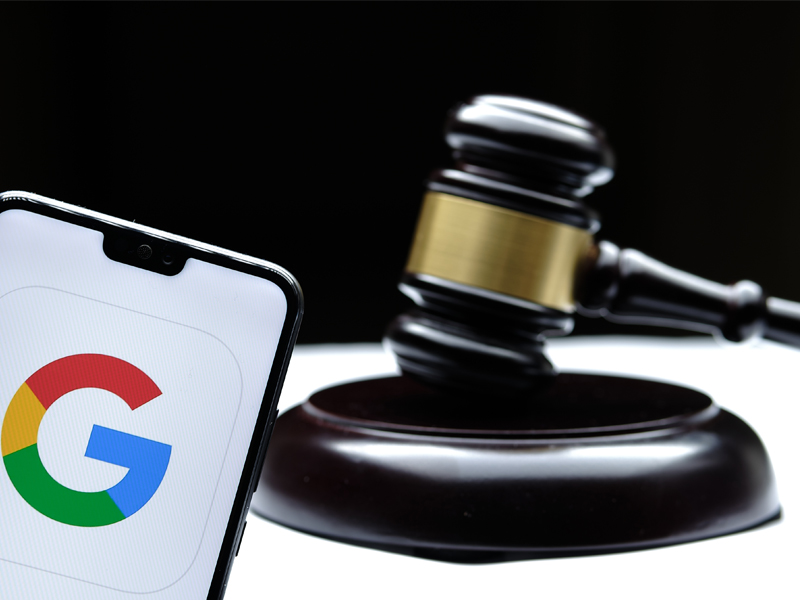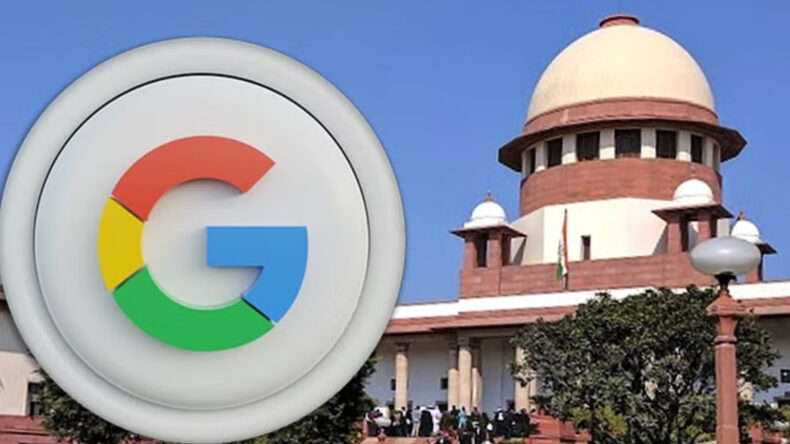Table of Contents
Background
In February, Google argued before NCLAT ( National Company Law Appellate Tribunal ) that CCI (Competition Commission of India) had imposed an unfair penalty on its mobile app distribution agreement with device makers as a result of which device makers were not allowed to install those apps, including those of rival companies.

While refusing to stay NCLATs, in an order of January 4, the Supreme Court had asked the appellate tribunal to decide Google’s appeal by March 31. The apex court also declined to grant a stay on the non-monetary directions issued by CCI in its October 20 ruling last year. The NCLAT, an appellate authority for orders passed by CCI, began the hearing in the Android matter on February 15.
While arguing the matter before the NCLAT, Google stated that the circulation of its app on devices through a mobile application distribution agreement was fair.
Recent developments
The National Company Law Appellate Tribunal (NCLAT) had recently appealed the Rs 1337.76 crore penalty imposed by the Competition Commission of India on Google for its anti-competitive conduct in the Android ecosystem to the Supreme Court.

According to a Google spokesperson, the appeal has been filed as the NCLAT had laid down a principle stating that harm from anti-competitive behaviour needs to be proven but did not apply this principle while upholding several decisions of the CCI.
Directions issued by NCLAT
The NCLAT Bench, consisting of Chairperson Justice Ashok Bhushan, and Dr. Alok Shrivtastav (Technical Member) had set aside the four key directions to Google that were issued by CCI. The directions issued are as follows :
1) Google must not deny access to its Play Services Application Programming Interface (API) to suppress Original Equipment Manufacturers (OEMs), app developers, and its existing or potential computers.
2) It shall not restrict users from uninstalling its pre-installed apps
3) It shall allow the app store developers to circulate the app stores through the Google Play Store.
4) It must not restrict app developers from distributing their apps through side loading.
NCLAT found that the investigation conducted by the Competition Commission of India ( CCI )into the alleged conduct of Google was not in violation of the principles of natural justice, and thus it decided to uphold the decision of CCI.

The NCLAT order further stated that the provision within all Google Mobile Services (GMS) on Android phones does not constitute unfair use.
Directions issued by CCI in addition to the penalty
In addition to the penalty, the CCI also directed Google to stop this repetitive pattern of participating in anti-competitive practises and to regulate its conduct within the stipulated time frame.
The Competition Commission of India (CCI) had also issued directions to Google that would help it regulate its conduct. The directions issued are as follows :
- Original Equipment Manufacturers (OEM) should not be forced to pre-install a bouquet of applications and should have the freedom to decide the placement of pre-installed apps on their smart devices.
- Further, licensing of the Play Store to OEMs should not be contingent on the requirement of pre-installing Google search services and its other services such as Gmail, Youtube, Chrome, etc.
- It shall not offer any incentives to OEMs for ensuring exclusive use of its search services.
- It must not discourage the sale of smart devices based on Android forks by incentivising or obligating OEMs.
- It shall not restrict the uninstallation of its pre-installed apps by their users.
- It should allow its users, during their initial device setup, to choose the default search engine for all search-related activity, indicating that they should also have the flexibility to easily set and change the default setting.













